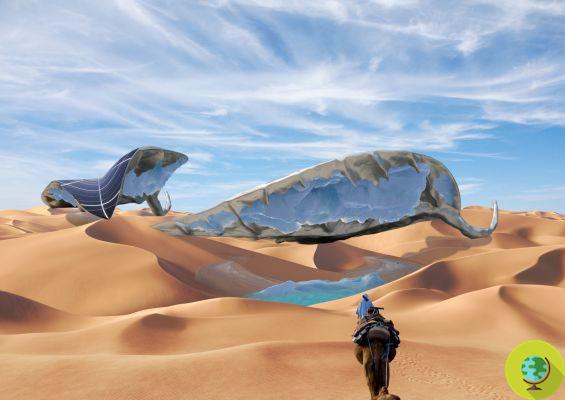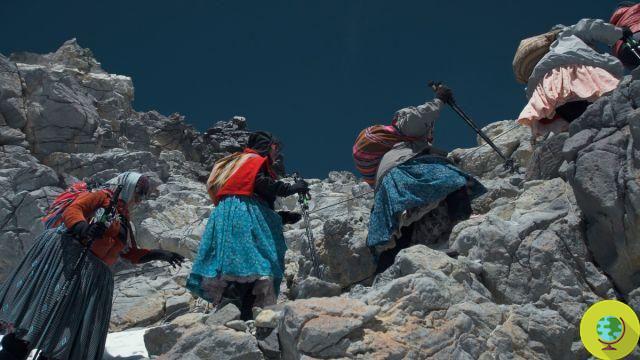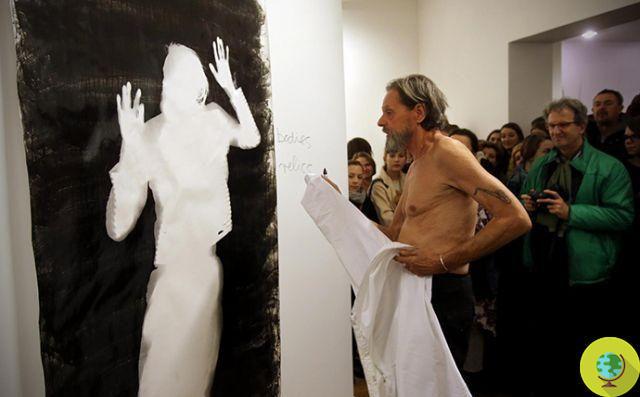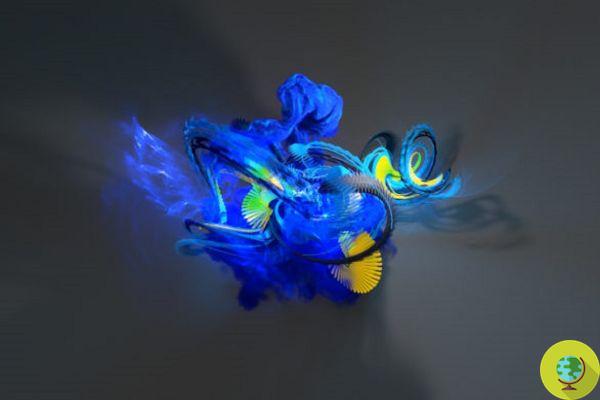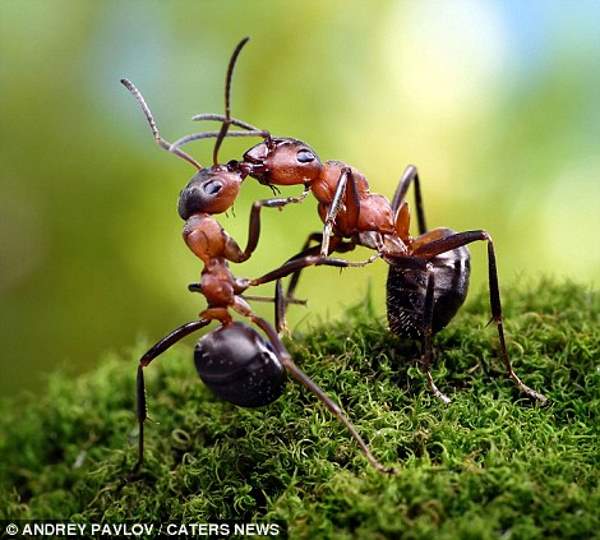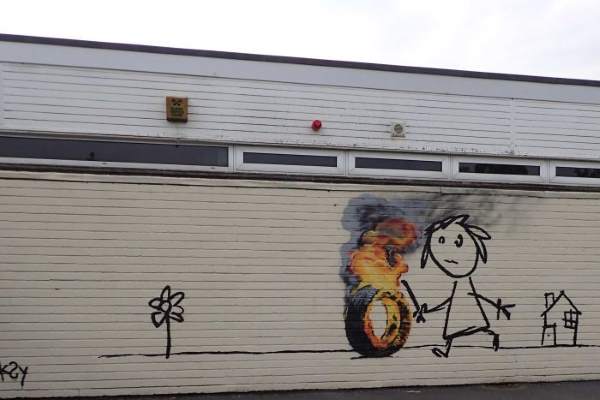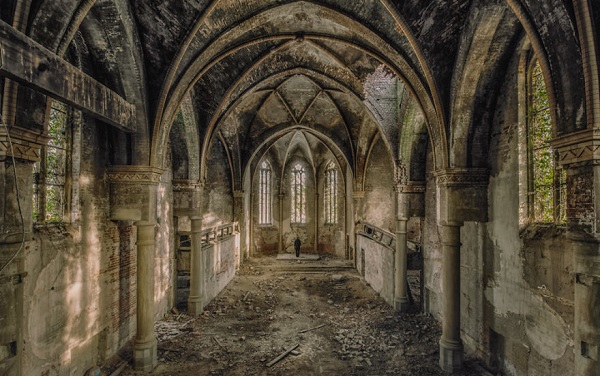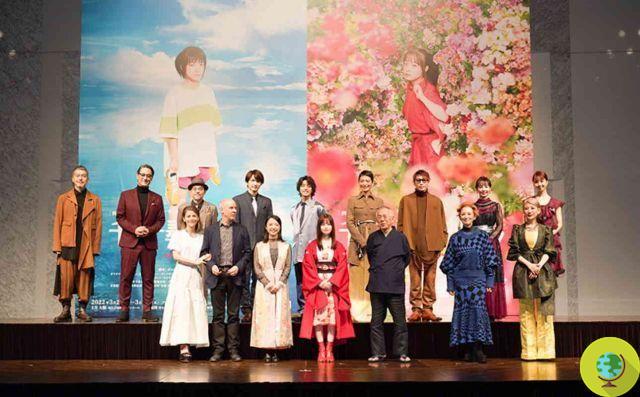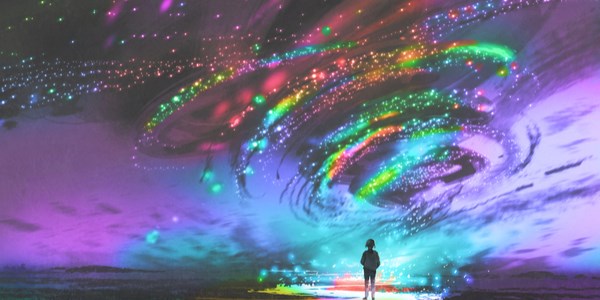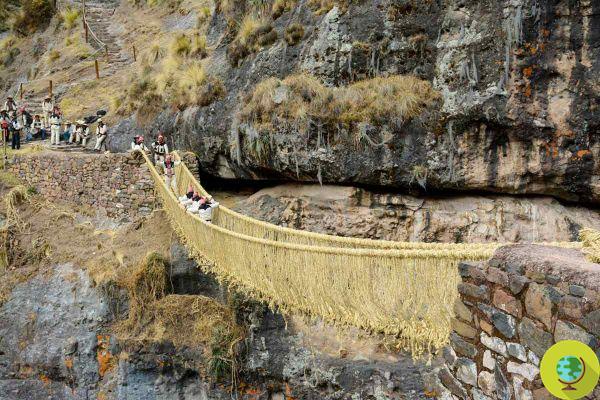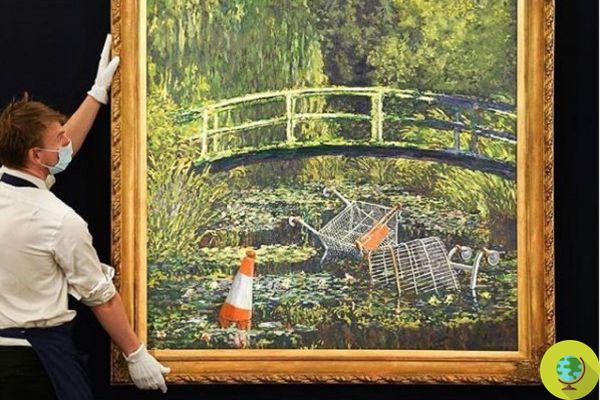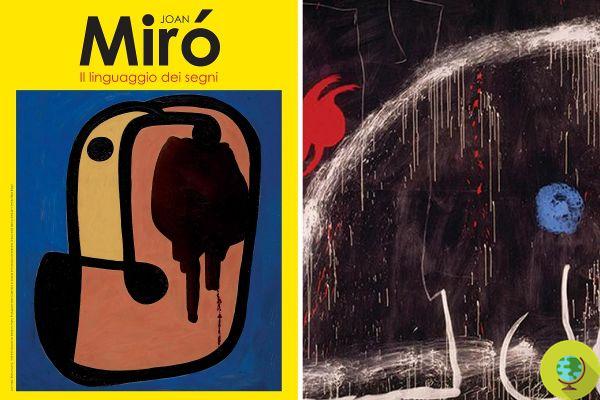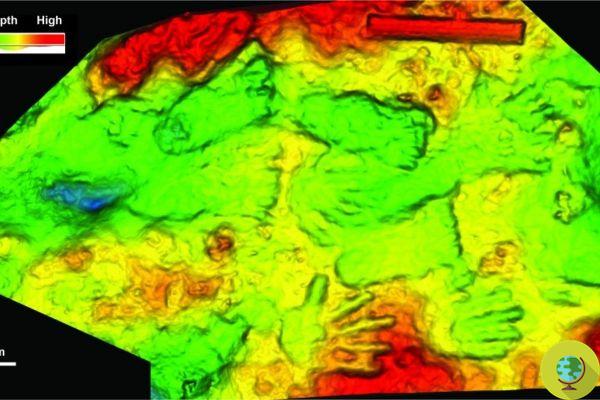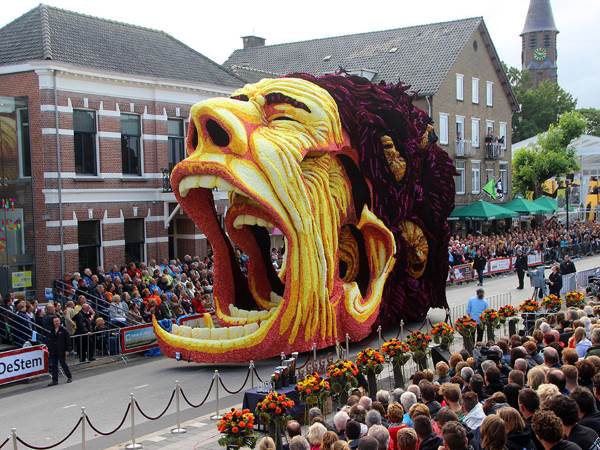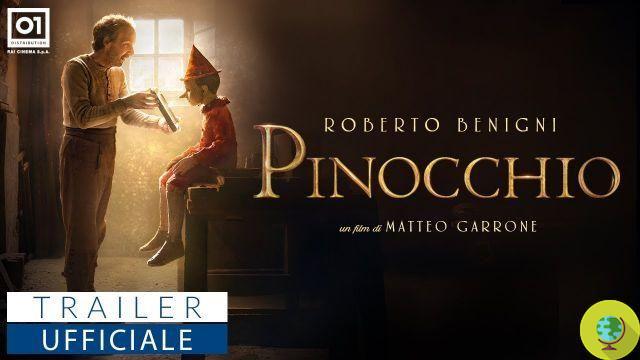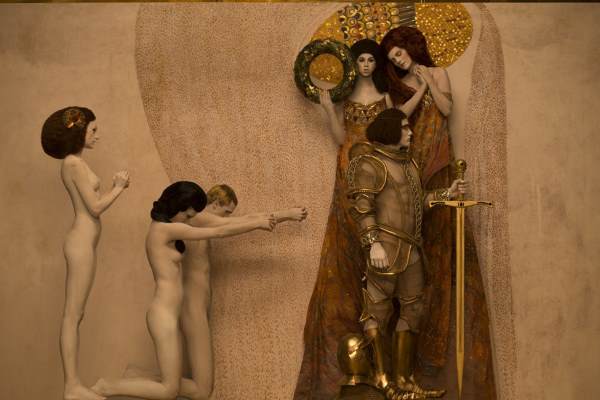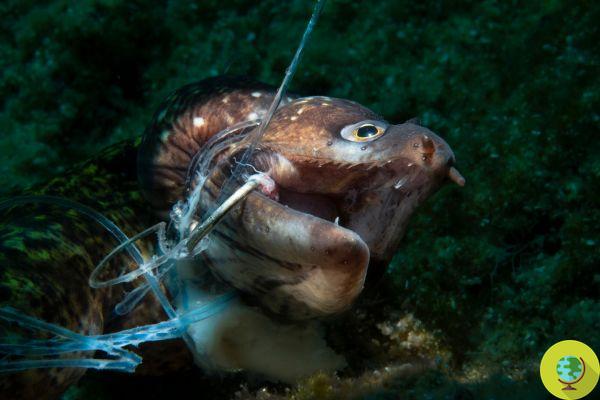Through this last return to their lands the dead and their Maori descendants will recover their dignity.
TikTok's viral trick to preserve avocado is dangerousThe two mummified Maori heads were in the Ethnological Museum of Berlin one from 1879 and the other from 1905.
A sign of reconciliation for the societies affected by colonialism. Through the New Zealand repatriation program which aims to bring back the human remains of the ancient Polynesian people and put them to rest, the Ethnological Museum of Berlin, in October, returned to New Zealand two mummified and tattooed Maori heads, known as toi moko, which remained far from their homeland respectively one from 1879 and the other from 1905.
The toi moko were received with a solemn ceremony that began with a 'karanga' - a traditional call of Maori women paying homage to their ancestors - performed by Hinemoana Baker, a New Zealand poet and musician with descent from both indigenous Maori and European immigrants. While the boxes containing the Maori remains were placed on a table covered with a black cloth, Baker turned to address them directly:
“We are here to cry for you and for what has happened to you. Very soon you will go home to your mountains, your rivers, your people and your homeland, ”Baker sang in a poignant voice.
Toi moko, from New Zealand to GermanyAlthough we do not know the names, the path that the Maori remains took before landing in Europe and the reasons for this long journey; but we do know how they got to the museum, one acquired by an amateur ethnologist and the other as a donation. The tattooed heads of Maori men were considered a collector's item in XNUMXth century European society. Faced with high demand, slaves and prisoners of war were tattooed and later killed to sell their heads.
Toi moko, from Germany to New Zealand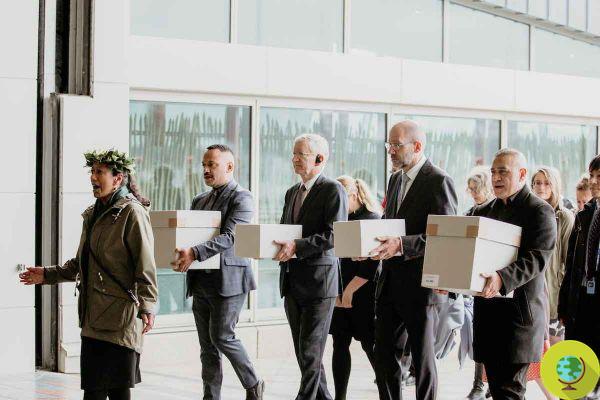
©Te Papa Museum/Facebook
Despite the pandemic, the repatriation of the toi moko from the Berlin Ethnological Museum was quickly accomplished. These remains, along with two other Maori ancestors returned by the University of Göttingen at the same time, are provisionally preserved in the New Zealand Te Papa Tongarewa Museum, which will serve as a temporary sanctuary until further research identifies their descendants or place of origin. for the return.
"Museums are in the object business and tell stories of objects that come from communities," says TeArikirangi Mamaku, coordinator of the repatriation program since 2009, confident that it is only a matter of time before the location of all museums changes.
Since 2003, the Berlin museum has returned various Maori remains to New Zealand, as well as announcing the return to Australia of Aboriginal ancestral remains.
“We will do everything possible to continue on this path and correct historical errors,” said Hermann Parzinge, president of the Prussian Cultural Heritage Foundation (SPK), the foundation that manages the Berlin museum.
According to data from the Te Papa Tongarewa Museum, which since 2003 has been in charge of repatriating Maori and Moriori ancestral remains from international institutions, so far 600 Maori ancestors from different parts of the world have been returned to the Polynesian people from different parts of the world such as Australia, Austria, Canada, France, Germany. , Sweden, the United Kingdom and the United States. Through this last return to their lands the dead and their descendants will recover their dignity.
Source: Te Papa Tongarewa Museum / Berlin Ethnological Museum
You might also like:
- Indigenous Maori, gays and women in government. Jacinda Ardern's appointments are a hymn to diversity
- “We are united and free”: Australia changes the hymn to recognize the history of the indigenous people
- The Cook Islands want to change their name to pay homage to the Maori people and culture
- The pride and beauty of the Maori people in these beautiful photos





